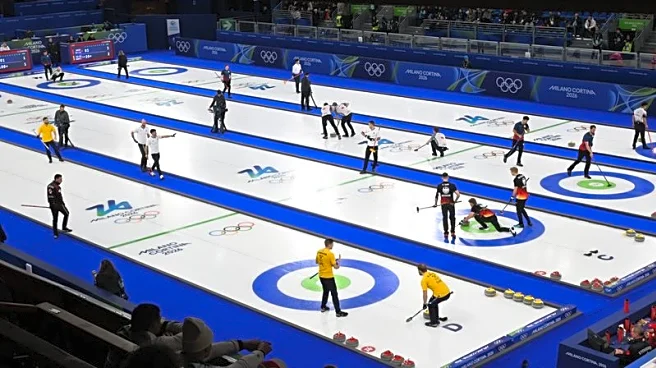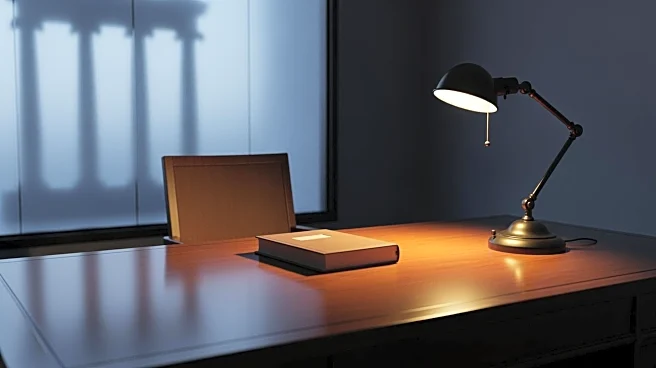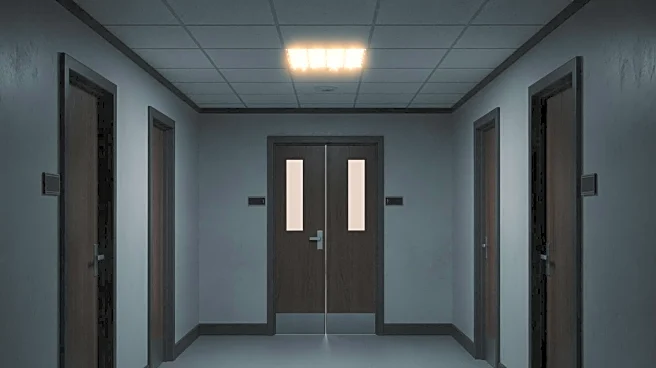Rapid Read • 7 min read
Blue light glasses, designed to block or absorb blue light from screens, are gaining popularity as a potential solution to digital eye strain and sleep disruption. However, their effectiveness is under scrutiny. According to the American Academy of Ophthalmology, there is no scientific evidence that blue light damages the eyes, and studies have shown that blue light glasses do not improve digital eye strain symptoms. Despite this, many consumers continue to use these glasses, hoping to reduce eye fatigue and improve sleep quality. The average American's screen time has increased significantly, prompting concerns about the impact on physical and mental health.
AD
The debate over the effectiveness of blue light glasses highlights the need for more research into the impact of screen time on eye health and sleep patterns. As screen time continues to rise, understanding the true benefits and limitations of blue light glasses is crucial for consumers seeking solutions to digital eye strain and sleep issues. The popularity of these glasses reflects a growing awareness of the potential health risks associated with prolonged screen exposure. This trend may drive further innovation in eyewear technology and encourage the development of alternative methods to mitigate the effects of screen time.
The controversy surrounding blue light glasses raises broader questions about consumer behavior and the influence of marketing on health-related products. The perception of blue light glasses as a solution to digital eye strain may be driven more by marketing than scientific evidence. This situation underscores the importance of critical evaluation of health products and the need for consumers to make informed decisions based on reliable research. Additionally, the focus on blue light glasses may divert attention from other effective strategies for managing screen time, such as the 20-20-20 rule, which encourages regular breaks from screens.
AD
More Stories You Might Enjoy












